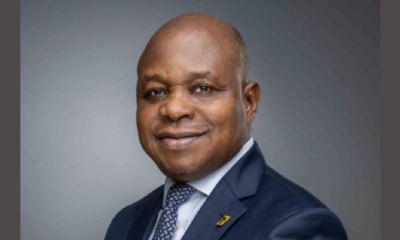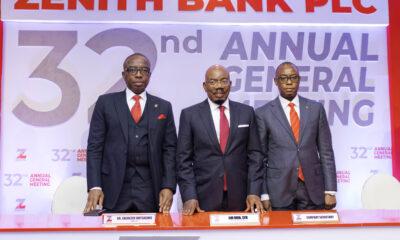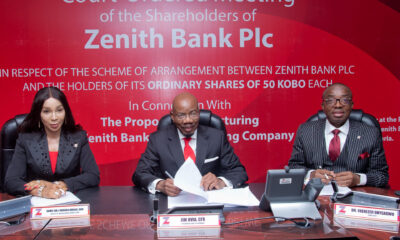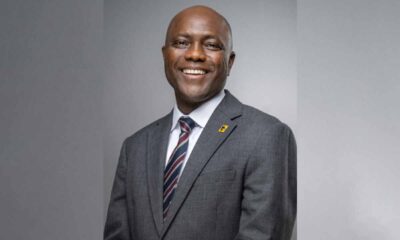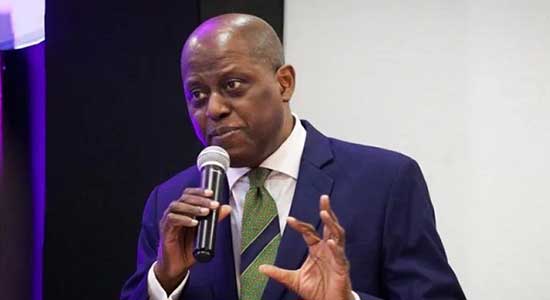Just like the words of Anne Wilson Schaefer, good health is not something we can buy. However, it can be an extremely valuable savings account.
For over 128 years now, First Bank of Nigeria Limited has continued to positively impact the lives of its customers in all aspects, healthcare inclusive. In furtherance of its contribution to the health sector, especially in recent times of being amongst the corporate frontrunners in the fight against the covid-19 pandemic, FirstBank, notably known as Nigeria’s premier and leading financial inclusion service provider, recently joined the global community to commemorate the 2022 World Health Day.
World Health Day is a global health awareness day commemorated every year on the 7th of April to mark the founding of the World Health Organization (WHO) in 1948. The global body uses the opportunity to draw worldwide attention to a subject of major importance to global health.
Themed ‘Our planet, our health’, the 2022 edition is aimed at focusing global attention on the urgent actions needed to “keep humans and the planet healthy.”
The Bank’s impact on the health sector in Nigeria has been achieved through a variety of products specifically designed to meet the operational needs of practitioners and players in the health sector of the country. These products include: Pharmacy Credit Facility, Private Hospital Loan and Diagnostic Centre Loan.
According to the bank, the Pharmacy Credit Facility scheme targets indigenously owned Pharmaceutical shops. These shops have to be either owned or managed by Pharmacists who have valid operating licenses as pharmacists, possess valid premises licenses, and are registered members of the Pharmaceutical Council of Nigeria.
They are also expected to have been in existence for not less than 2 years. The purpose of the facility shall be for stock replacement purposes or working capital requirements. Also, all payments for the purchase of products will be made directly to the suppliers of the Pharmaceutical Shop.
On the other hand, the Private Hospital Loan provides a facility for indigenously owned private hospitals that are registered with a reputable HMO and have operated for a minimum of 5 years. The purpose of the facility shall be for working capital requirements of running the hospital or for procurement of equipment required for the day to day operations of the Hospital.
Also, the Diagnostic Centre Loan offers the facility for indigenously owned diagnostic centres that are registered with a reputable HMO and have operated for a minimum of 5 years. The purpose of the facility shall be for working capital requirements of running the diagnostic centre or for procurement of equipment required for their day to day operations.
Remarkably, the bank has been at the forefront when it comes to healthcare financing, leading its counterparts in the financial space. In the 2021 financial year, the bank disbursed a total of 2,931,070,000 in health financing.
From the year 2021 to date, the bank has disbursed a total of N5,657,999,000 in health financing, distributed strategically across pharmacies, hospitals and diagnostic centres.
Also worthy of note is the bank’s contribution towards Covid-19 awareness via its digital campaign, “Mask Up, Stay Safe”, which kicked off on 7th December 2020.
In that same 2020, Nigeria’s healthcare workers were not left out in the bank’s generosity, as all staff of FirstBank transformed the social media world and got many Nigerians to do the same, through their various Profile or Display Pictures, using unique photo messages dedicated to healthcare workers battling the coronavirus pandemic on the frontlines, with the hashtag #FirstBankSalutes.
In addition to this, a lot of philanthropists and organizations, including the bank itself, also donated various sums and healthcare equipment, beefing up the needed arsenal to combat the pandemic.
The bank, amongst many activities, stood tall, while also playing an active role in the public-private sector-driven initiatives which were contributory to combatting the coronavirus.
The bank had earlier emerged winner of the AfriSAFE Financial Sector Award 2019 for exemplary contribution to the improvement of health, safety, environment and well-being in Africa at the Africa Safety Award for Excellence.
First Bank of Nigeria Limited operates as a parent company in Nigeria, with subsidiaries ‘FBNBank’ in the Democratic Republic of Congo, Ghana, The Gambia, Guinea, Sierra-Leone and Senegal; FBN Bank (UK) Limited in London and Paris. The Bank also has a representative office in Beijing, China.
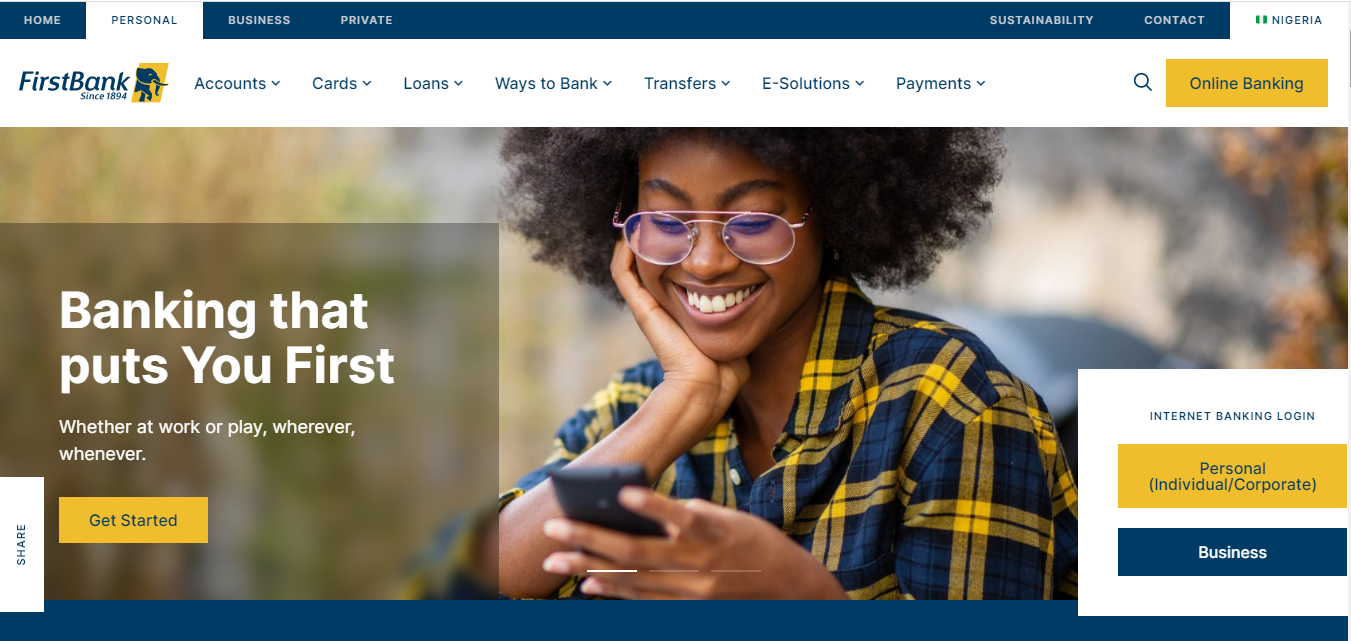

 Naira4 weeks ago
Naira4 weeks ago
 Naira3 weeks ago
Naira3 weeks ago
 Naira3 weeks ago
Naira3 weeks ago
 Naira3 weeks ago
Naira3 weeks ago
 Travel4 weeks ago
Travel4 weeks ago


 Naira3 weeks ago
Naira3 weeks ago




 Naira1 week ago
Naira1 week ago
 Jobs4 weeks ago
Jobs4 weeks ago



